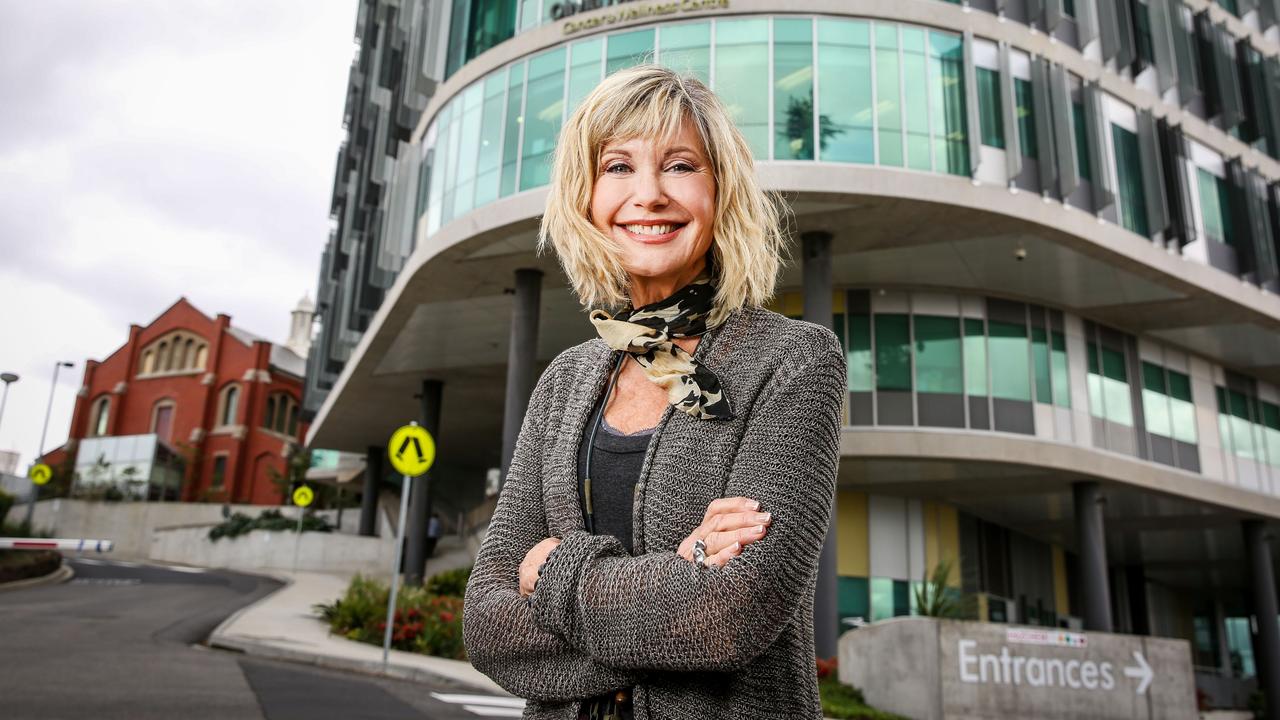‘Not above the law’: Facebook warned of liability for scams
Facebook is under increasing threat of being held financially liable for scams after a global fraud summit heard how it was involved in 80 per cent of the world’s fraudulent losses on social media.

Facebook faces growing international pressure to detect scammers and false advertisers – under increasing threat of being held financially liable – after a global fraud summit in London heard how it was involved in 80 per cent of the world’s fraudulent losses on social media.
Under new Australian legislation to be introduced later this year, social media platforms will be required to improve various aspects of their service, including procedures already required elsewhere in the world, such as advertiser verification. But the recalcitrance of Meta, which is Facebook’s owner, has disappointed the Australian government.
Australia’s Minister for Financial Affairs Stephen Jones, Australia’s representative at the Global Fraud summit said: “Here’s a message to (Facebook owner) Meta in particular, which is responsible for about 80 per cent of the losses. ‘You’re not above the law’. And whether it’s Australia, whether it’s the UK or any of the other countries that we’ve met with in the last 24 hours, and we were very firm from the Australian point of view that no social media platform is above the law.”
Mr Jones said liability was to be attached to responsibility in regards to internet scams. He warned social platforms that if banks have set out high fraud standards, including slowing down payments and closing mule accounts, they aren’t the ones responsible if the scams take place.
“You’ll take a lot of effort to convince me that banks should be liable when somebody goes to Facebook, loses their money on a puppy scam and somehow we’re saying that banks should be responsible for that when Meta has taken advertising revenue to promote that site,’’Mr Jones said.
“They’ve been the vehicle through which that crime has occurred, and they’re financially benefited for it and people are saying banks should be liable for that. That does not attach liability for responsibility, and it creates a no incentive for them to get their act into saying no.
“We won’t be going down that approach. We’ll be saying liability should apply. But it should be where the responsibility lies.”
Mr Jones added that while some social media companies were engaging with the government in how to prevent fraud, Meta’s response, so far, was disappointing.
“Frankly, I am disappointed in Meta’s response to the consultation we held on the root cause (of internet fraud), he said.
“They say, ‘Yes, this is a big problem, but it’s all too hard. We can’t do anything about it.’ Give me a break. These guys have the biggest technologists in the world. They employ the best IT information technologists, the best engineers, the best process experts in the world. Now the biggest and the best. Don’t tell me they can’t do more.”
Mr Jones agreed the government was now engaging with Meta on two fronts: dealing with fraud and having the company recompense Australian media outlets for the use of their content.
The Australian government is threatening to bring Meta to heel under the news media bargaining code after the social media platform announced earlier this month it would not renew a contract to pay for news in Australia.
“Every company has a social license, and that includes social media platforms,’’ he said.
The global summit heard how Australia has turned the corner on addressing internet fraud being one of only two countries – Singapore was the other – to see a reduction in scams.
Mr Jones said Australia had become a covid lockdown “honeypot” for the international scammers, which he said were the same people involved in drug and arms running and human trafficking.
He said the attraction of Australia, in preference to other nations at the time, was the wealth of the country and the rapid conversion of people using the internet for their purchases.
He said the trajectory of Australians losing $6 billion a year to scammers – coming off a $3.1bn losses in mid 2022 – hasn’t happened because of interventions such as the national anti spam centre, blocking millions of malignant SMS messages and empowering ASIC, the corporate regulator, to pull down 4000 fraudulent investment websites.
Mr Jones reported: “Instead of scams moving from a doubling from one year to the next, we’ve seen for the first time two consecutive quarters of reduction. The great news is a 43% reduction in the last quarter that’s on top of a 23% reduction the year before. There’s the curve.”
But he said the stage two rollout this year would be even more important when new codes of practice are enforced: more compulsory obligations upon banks, social media platforms and telecommunications companies as well as a slowdown in the movement of money.
“The traditional trail is that a fraudster gets money out of a victim’s account into a mule account and then to a cryptocurrency exchange. So cracking down on the mule accounts, identifying and closing the mule accounts and slowing down the off ramps to cryptocurrency exchanges has made a material impact,’’ he said.
This slowing down the movement of money and adding various checks to the process, which goes against 15 years of trying to make the process instantaneous is a priority. Other aspects of the economy, such as superannuation funds and cryptocurrency face a tightening of measures down the track, Mr Jones said.
Mr Jones said other countries at the summit, UK, Canada, France, Germany, Italy, Japan, New Zealand, Republic of Korea, Singapore, United States as well as the European Union, Interpol, and the United Nations Office on Drugs & Crime had committed to share intelligence and information not just on social media platforms but to also chase down scammed funds.
“We all experience once the money leaves that country, it’s impossible to get back,’’ he said.
“Every nation has that problem committed to work on fund recovery and repatriation.”








To join the conversation, please log in. Don't have an account? Register
Join the conversation, you are commenting as Logout